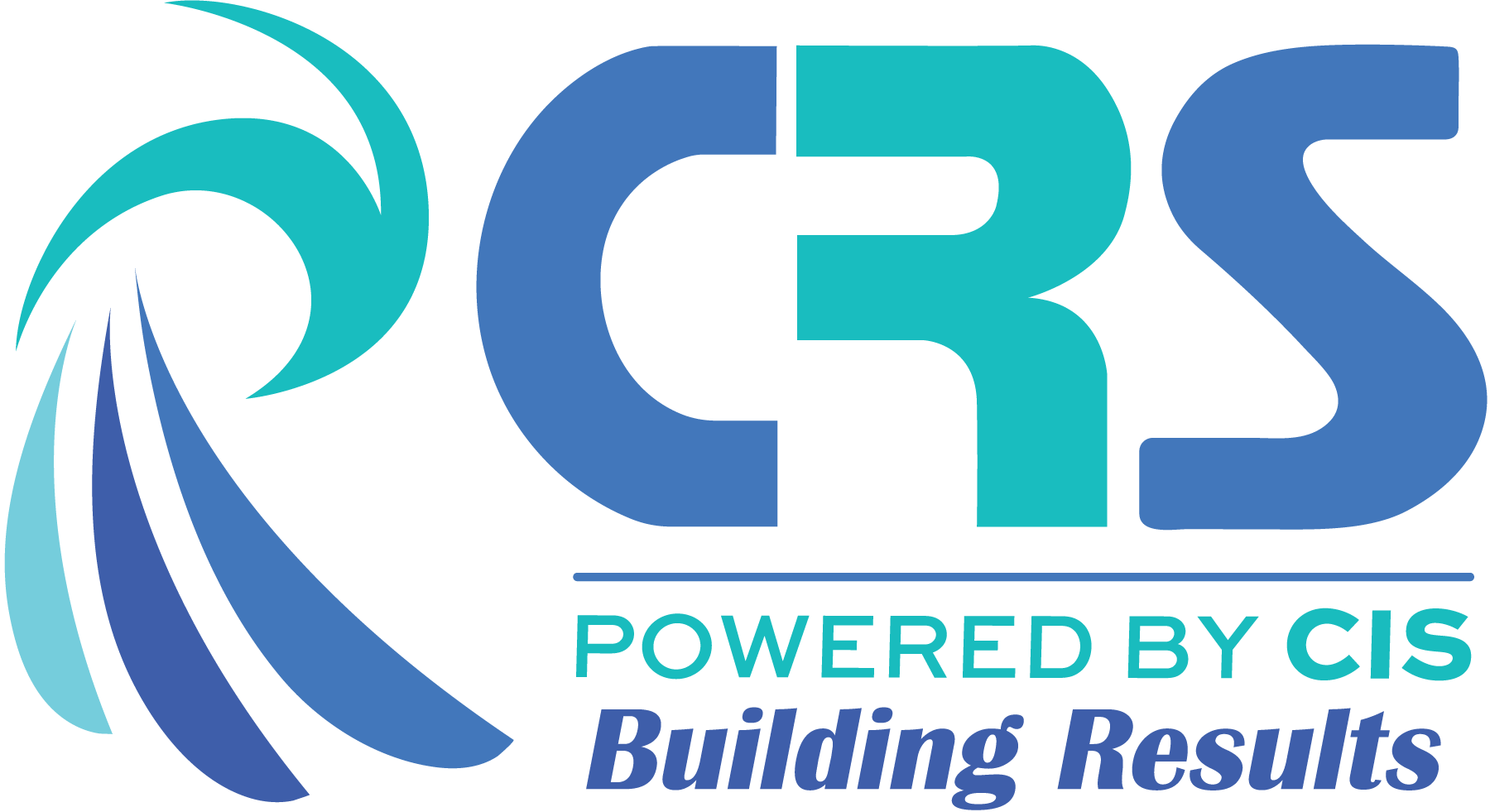If your insurance company has declined to extend your builder’s risk insurance policy, it can be a significant roadblock to your construction project. Whether you’re facing delays or struggling to find a new provider, understanding your options is crucial.
Hi, I’m Matt Rogers with Contractors Risk Solutions, based in Los Angeles, California. I work with contractors and construction companies to navigate situations like this. If your builder’s risk policy is expiring and you need a renewal, here’s what you need to know.
Why Builder’s Risk Insurance Renewals Can Be Challenging
Builder’s risk insurance policies are often issued for a one-year term, with the expectation that the project will be completed within that timeframe. However, construction delays are common due to various reasons, from weather to supply chain issues.
You might extend your policy for a second year, but what happens when the job still isn’t done? Some insurers are unwilling to offer further extensions, especially if:
- The project is more than 75% complete.
- The construction site is located in a high-risk area, such as a brush zone.
In such cases, finding a new insurance company can be both difficult and costly.
Key Factors That Impact Your Ability to Renew
Before seeking a new policy or extension, consider these critical factors:
1. Project Completion Percentage
If your construction project is more than 75% completed, many insurance providers will hesitate to take on the risk. For those that do, premiums are typically much higher.
2. High-Risk Locations
In Southern California, areas prone to wildfires (brush areas) present significant challenges for securing coverage. Even if a policy is available, the premium may be so high that it becomes financially impractical.
3. Increased Premiums for Mid-Project Coverage
If you’re halfway through a project, insurers will calculate premiums differently. For instance, if your project is valued at $1 million and is 50% complete, a new insurer will factor in the work already completed and charge you as though they had been covering the project from the start.
This means you’ll pay premiums upfront for the first two years of work, in addition to the premium for the remaining construction period.
Understanding Premium Costs for New Policies
Securing mid-project builder’s risk insurance is expensive, and here’s why:
- Insurers take on immediate risk for the value of the work already completed.
- To offset this, they often require payment for the first two years of coverage, even if the policy begins midway through the project.
For example, some policies charge a 25% rate for coverage and limit extensions to two years. If you need a third year of coverage, you’ll be paying for three years’ worth of premiums for the project. This can add up quickly and leave many contractors frustrated.
Why Delays Are Common in Construction
Construction projects rarely finish on schedule, and delays are an industry norm. Whether due to supply chain issues, weather, or unexpected site challenges, timelines can stretch well beyond initial expectations. This is why builder’s risk insurance renewal challenges are so common.
How Contractors Risk Solutions Can Help
If you’re facing these challenges, don’t stress—we can help. At Contractors Risk Solutions, we work with contractors and construction companies across Los Angeles to find the right coverage for their needs.
- Assess your project’s completion percentage.
- Determine if your site’s location impacts your options.
- Provide clear explanations of premiums and costs.
- Help you find a new insurance provider if necessary.
Take the Next Step
If you’re struggling to renew or extend your builder’s risk insurance policy, reach out to me, Matt Rogers, at Contractors Risk Solutions. I can answer your questions and guide you through your options.
Call or email me today to learn more. Let’s get your project back on track with the coverage you need.

